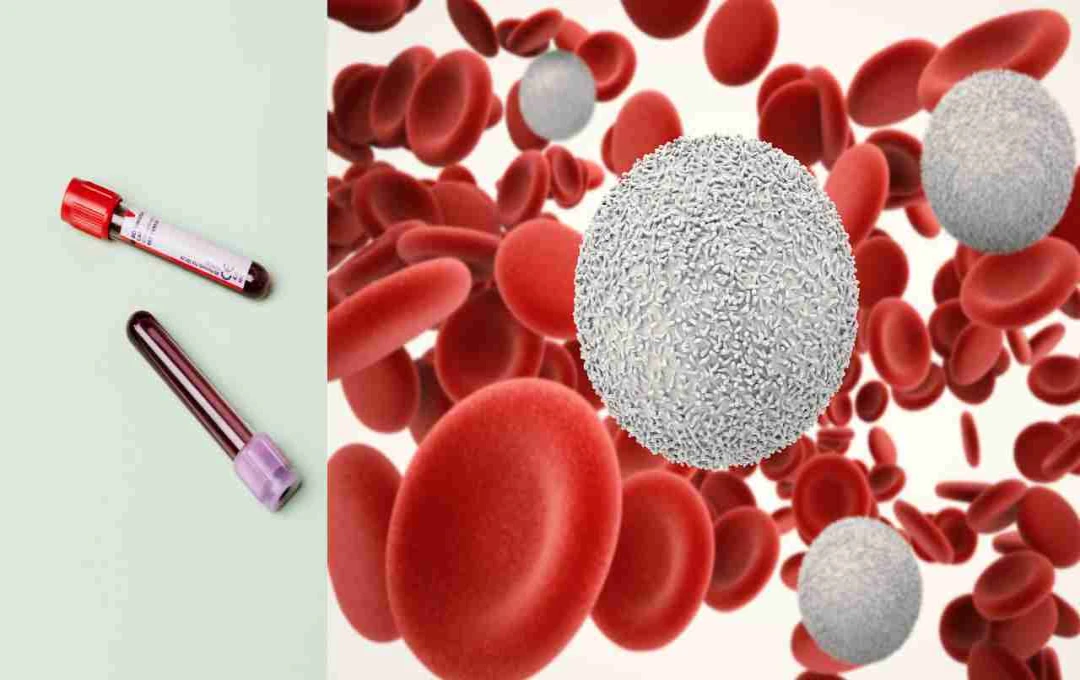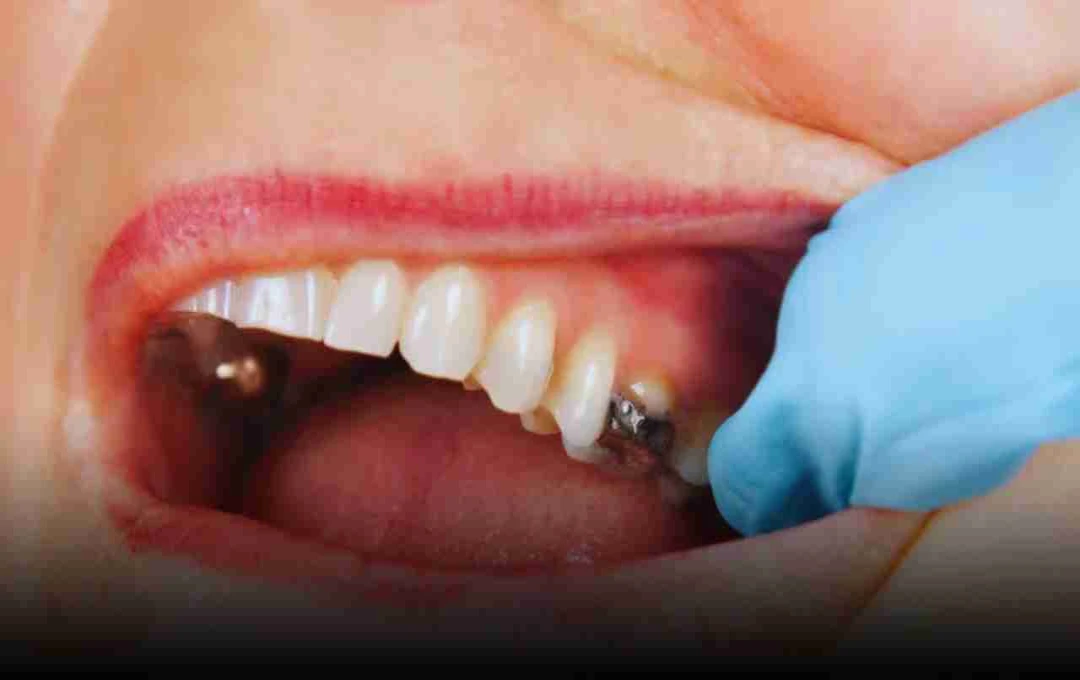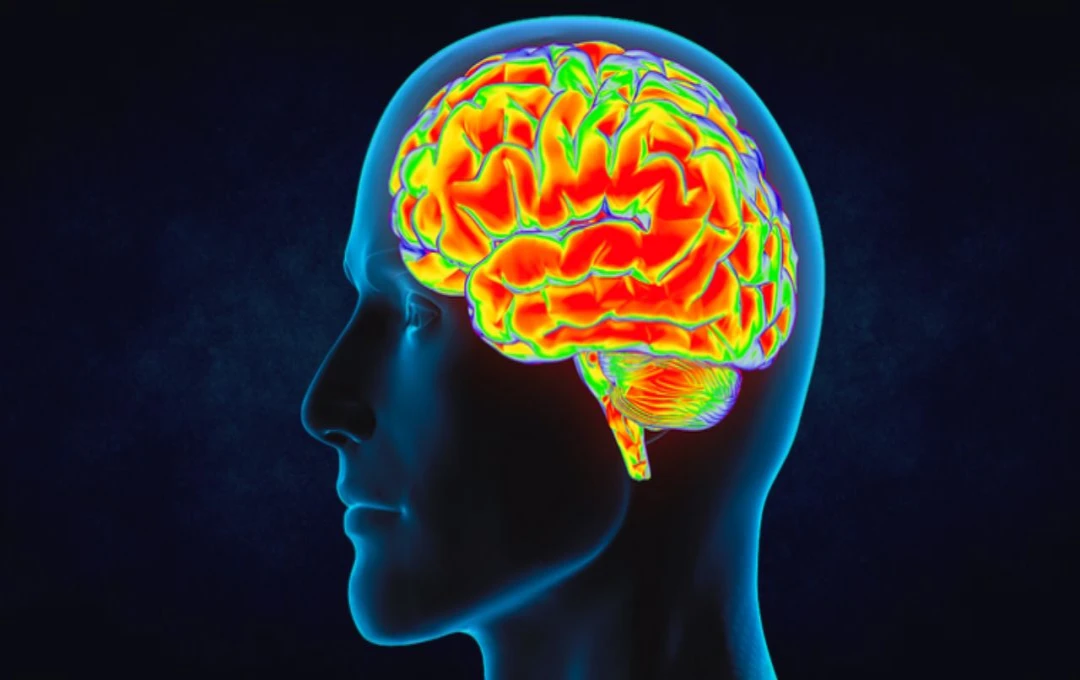A deficiency in hemoglobin leads to a lack of oxygen in the body, causing problems such as fatigue, dizziness, and shortness of breath. The primary causes of low hemoglobin include deficiencies in iron, vitamin B12, and folate, bleeding, chronic diseases, bone marrow disorders, and genetic conditions. This can be prevented through regular check-ups and a balanced diet.
Low hemoglobin symptoms: Hemoglobin is a protein found in red blood cells that transports oxygen from the lungs to the body's organs. Its ideal levels should be 13.8–17.2 g/dL for men, 12.1–15.1 g/dL for women, and 11–16 g/dL for children. When hemoglobin levels are low, individuals may experience fatigue, dizziness, shortness of breath, and in severe cases, cardiac arrest. Key causes of this deficiency include nutritional deficiencies, chronic diseases, bleeding, bone marrow disorders, genetic conditions, and certain medications. To prevent this, an iron-rich diet, intake of vitamin B12 and folate, and regular check-ups are essential.
What is Hemoglobin and the Impact of its Deficiency
Hemoglobin is a protein found in red blood cells that is responsible for transporting oxygen from the lungs to the rest of the body's organs. When hemoglobin levels drop, the body experiences a shortage of oxygen. This manifests as fatigue, dizziness, difficulty breathing, and weakness.
The normal hemoglobin levels are between 13.8 and 17.2 g/dL for men, 12.1 to 15.1 g/dL for women, and 11 to 16 g/dL for children. When this level drops to 8 to 5 g/dL, severe symptoms begin to appear.
Symptoms of Low Hemoglobin

- Persistent feelings of fatigue and weakness.
- Difficulty breathing and shortness of breath even with light activities.
- Experiencing dizziness or lightheadedness.
- Pale skin or a washed-out complexion.
- Rapid or irregular heartbeat.
- In severe cases, risk of cardiac arrest.
According to Dr. Neeraj Nishchal, an expert from the Department of Medicine at AIIMS, weakness and breathing difficulties increase when hemoglobin drops below 8 g/dL. If the level falls below 5 g/dL, immediate medical attention is crucial.
Causes of Hemoglobin Deficiency
- Nutritional Deficiencies - Deficiencies in iron, vitamin B12, and folate are the most common causes. Iron is essential for hemoglobin production, while B12 and folate aid in the formation of red blood cells.
- Chronic Diseases - Kidney disease, cancer, arthritis, or prolonged infections can affect the body's production of red blood cells.
- Bleeding - Blood loss due to surgery, injury, or heavy menstrual periods in women can rapidly decrease hemoglobin levels.
- Bone Marrow Disorders - Diseases like leukemia or aplastic anemia prevent the bone marrow from producing red blood cells.
- Genetic Conditions - Inherited disorders such as sickle cell anemia and thalassemia cause abnormal hemoglobin production.
- Medication Effects - Medications like chemotherapy can suppress the production of red blood cells.
Preventing Hemoglobin Deficiency
- Consume Iron-Rich Foods - Leafy vegetables, meat, legumes, and fortified cereals.
- Include Vitamin C - Consuming vitamin C-rich foods like oranges, lemons, and tomatoes improves iron absorption.
- Get Regular Check-ups - If there is a family history of anemia, regular blood tests are important.
- Ensure Sufficient Vitamin B12 and Folate - Adequate intake in the diet aids in the production of red blood cells.
Hemoglobin is a vital component of red blood cells that carries oxygen throughout the body. Its deficiency can lead to fatigue, respiratory problems, and serious health crises. Maintaining balanced hemoglobin levels can be achieved through a nutritious diet and periodic check-ups. It is advisable to seek medical attention promptly upon noticing any symptoms in the body.















